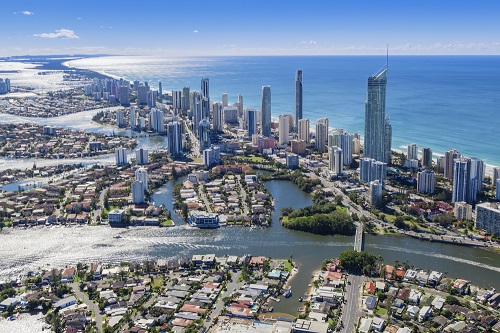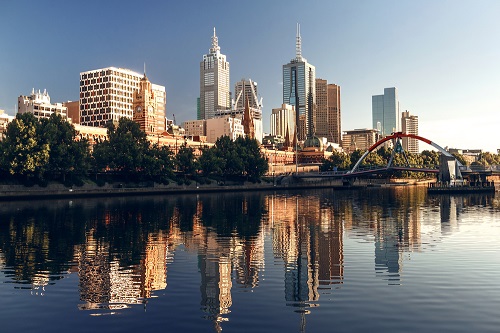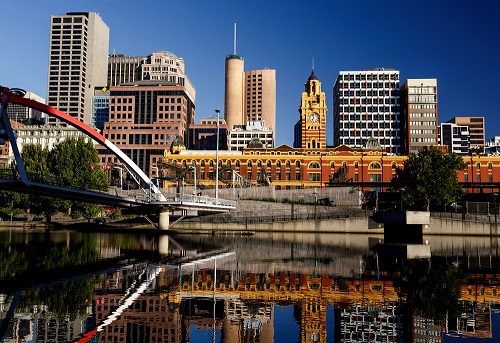Finding reliable and trustworthy banking services is an important part of living and working abroad, and expats will find that, in most countries, a range of options are available. You may wish to maintain a bank account at home, for paying bills and other activities, but you will probably also need a local bank account, in order to receive salary payments and handle your living expenses.In most countries, a range of options are available. It is even possible that your existing bank will have international facilities. Alternatively, you may wish to open an off-shore bank account. Different countries have different rules with regard to banking. In many, it may be that you need a local bank account in order to acquire residence, or that employers can only pay you via a local account. This may also apply if you are self-employed.
Banks in Australia are subject to strict regulation and regularly score highly in international assessments of security. The four main Australian banks are the Australia and New Zealand Banking Group (ANZ), the Commonwealth Bank of Australia (CommBank), the National Australia Bank (NAB), and the Westpac Banking Corporation (Westpac). There is also a thriving sector of mutual and customer-owned banks. Due to the strength of the local banks, relatively few international banks operate retail services in Australia, though a number of them, including Citibank, HSBC, ING and the Bank of China, have subsidiary companies.

Opening a bank account in Australia is straightforward and easy in most cases, and you can even open one before you move to the country, provided you are going there to live, study or work. The process is swift – online, it can take as little as ten minutes – and the documentation required is neither complicated, nor, in general, difficult to acquire. If you open your account online, you will need to call into your branch when you arrive to show your documentation. With some banks, you can open your account up to a year before you move to the country.
To open a bank account online, you will need:
• Your valid passport and details of your visa
• A current email address
• Information about when you will be moving to Australia and where you intend to live (this does not have to be a full address; you just need to specify a city or location)
You may also be asked to supply your tax information from where you currently live – the exact documentation required will vary from bank to bank.
Opening an account in person is similarly straightforward. Banks use a points system, but this is not complicated, and it is relatively easy to acquire the necessary number of points (which is usually 100). Banks list the documents you will need on their websites, but generally they are:
• A valid passport or national identity card (70 points)
• Your birth certificate (70 points)
• A drivers’ license or other official photo I.D. (40 points)
• A utility bill or other official document with your name and address (25 points)
• A credit or debit card, a library card, or something similar (25 points)
If you open your account within six weeks of your arrival, you will need only your passport and a valid visa.
Australian banks offer a wide variety of account types, and free banking is available with some of these. Check bank websites for more details. At time of writing, fees on current accounts (checking accounts), where charged, are around AUS$5 per month.

ATMs are widespread and, except in remote areas and the Outback, you will have no difficulty in finding them. Be aware, however, that Australian banks charge for withdrawals from machines that belong to their competitors. All major credit cards, including Visa, Mastercard and American Express, are recognised and widely used.
Useful links
You may find the following website useful:
• Australian Prudential Regulation Authority (APRA) – for details on banking regulations
• Australia and New Zealand Banking Group
• Commonwealth Bank of Australia
• National Australia Bank
• Westpac Banking Corporation

